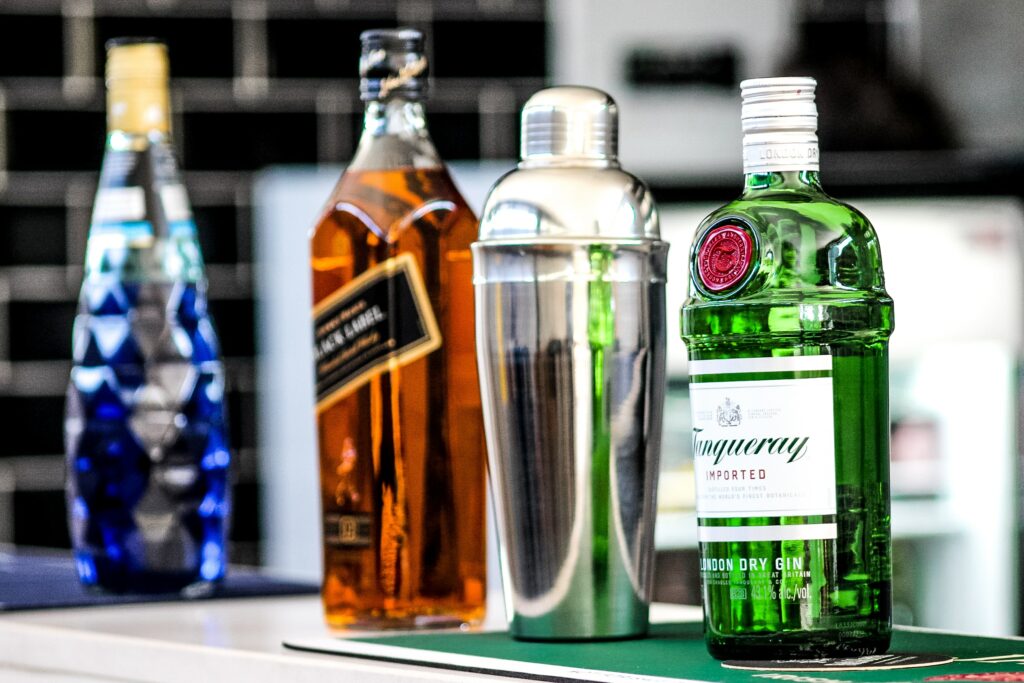We’ve evolved into a country that prefers to have items brought to us on demand, which has required many businesses to modify and adapt to delivery services. From Amazon’s two-day shipping to having your food delivered in 45 minutes, you can have almost anything delivered with the click of a mouse.

Alcohol is no different. Alcohol delivery is permitted in 44 of the 50 states, though the particular rules vary from state to state, influencing delivery services in various ways. Four states outright prohibit it, with some substantial restrictions and a few exceptions.
Fortunately, most states do not have many laws governing and prohibiting the transportation of alcohol. To keep small businesses afloat, many states and counties have relaxed prohibitions on the sale, distribution, and delivery of alcohol, particularly during the COVID-19 pandemic. Continue reading to find out which states permit delivery and which do not.
WHAT STATES DO NOT ALLOW THE DELIVERY OF ALCOHOL?
Alabama, Utah, Kentucky, and Mississippi are the only states that expressly prohibit alcohol delivery with no exceptions. Likewise, with a few exceptions, Delaware and Rhode Island do not permit the delivery of alcoholic beverages. More information on each state’s policies can be found below.
Alabama: In the state of Alabama, there are no exceptions. Alcohol distribution from any source is strictly forbidden. Residents may make a special request for an order in specific circumstances, but the Alabama Alcohol Beverage Control Board must approve the request.
Mississippi: There are no unique instances or exclusions regarding alcohol distribution in Mississippi. Any source of delivery is illegal.
Utah: This state has the same alcohol distribution rules as Mississippi. There are no exceptions; delivering alcohol is unlawful.
Kentucky has some of the harshest alcohol distribution rules in the country. For example, many counties are dry, which means that no alcohol can be sold at all. In addition, deliveries are restricted both in and out of state. The only exception is that some wineries can obtain a permit to deliver wine to residents.
Delaware: With one exception, alcohol cannot be delivered in this state. If you buy alcohol from a store or restaurant, it might be shipped directly to your home. It can only be mailed to the individual purchasing the alcohol, and you must be a resident of Delaware.
The restrictions for alcohol distribution in Rhode Island are similar to those in Delaware. However, if you live in Rhode Island, you can buy prepared alcohol from craft-alcohol firms. These companies are permitted to send your item to your home.
ARE THERE DIFFERENT LAWS IN EACH STATE?
As previously stated, alcohol delivery is legal in 44 states. Each state has slightly distinct norms and regulations in terms of distribution and sales. While we won’t waste time going through all 44, we will look at ten states with different rules to highlight their distinctions and similarities.
Alaska: Alaska’s delivery restrictions are extremely relaxed. However, numerous regulations vary by city and county.
Arizona: While this state is fairly relaxed, it wasn’t always so. Since 2017, they have abolished a law that limited the quantity of bottles wholesalers may ship to consumers, making things much easier.
California: It should come as no surprise that the vast state of California has the country’s largest market for alcohol delivery. Even when in-state fulfillment is used, the restrictions are fairly lenient.
Florida: Florida, like California, has fairly lenient delivery rules. They are also one of the top five states having the largest market.
Minnesota’s delivery laws are a little more stringent. They restrict the number of alcohol sales permissible with corporations and distributors that can ship directly to residents.
Missouri’s laws are complicated and quite stringent. For example, they allow in-state alcohol shipments but not out-of-state wholesalers to ship alcohol to its inhabitants.
